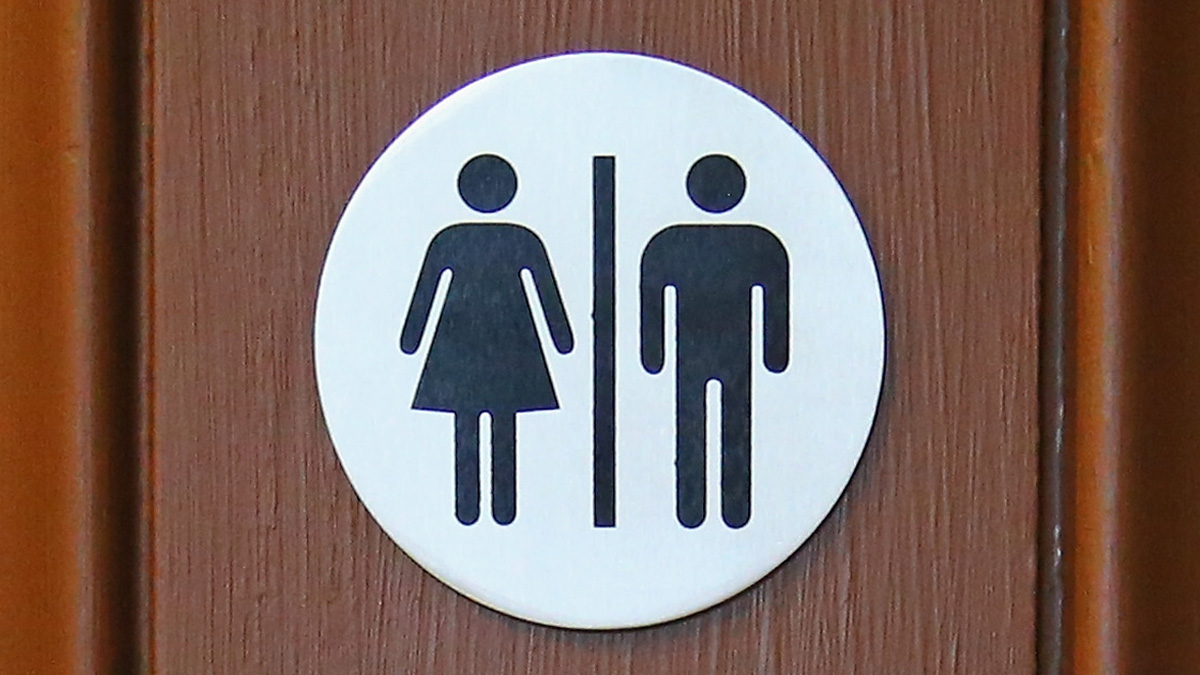Seoul to inspect 20,554 toilets amid spy camera crime wave
Police dealt with 6,000 cases illicit filming last year, with footage often uploaded to porn sites

A free daily email with the biggest news stories of the day – and the best features from TheWeek.com
You are now subscribed
Your newsletter sign-up was successful
Seoul authorities have vowed to inspect more than 20,000 toilet cubicles in Seoul following a wave of spy cam scandals.
Starting this week, an all-female squad of municipal employees nicknamed the “safety sheriffs” searching all public bathrooms across the city for hidden recording equipment used to produce videos which often end up on internet porn sites.
Around 8,000 “safety sheriffs” will visit each of the city’s 20,554 public toilets every day, “an enormous undertaking that underscores the scope of the problem”, says the New York Times.
The Week
Escape your echo chamber. Get the facts behind the news, plus analysis from multiple perspectives.

Sign up for The Week's Free Newsletters
From our morning news briefing to a weekly Good News Newsletter, get the best of The Week delivered directly to your inbox.
From our morning news briefing to a weekly Good News Newsletter, get the best of The Week delivered directly to your inbox.
“Since 2011, the number of cases of illegal filming in South Korea has leaped from 1,300 a year to more than 6,000 in 2017,” CNN reports.
The spike in cases of illicit filming in public places, particularly private settings such as bathrooms, changing rooms and public showers, has created an atmosphere of fear and mistrust among many South Korea women.
To fight back against the apparent epidemic, activists have organised protests both online and in the streets under the slogan “My Life Is Not Your Porn”, putting pressure in President Moon Jae-in’s government to respond.
Since May, tens of thousands of women have marched in a monthly mass demonstration in Seoul against both voyeuristic crime and the wider issue of sexism in South Korean society.
A free daily email with the biggest news stories of the day – and the best features from TheWeek.com
However, some campaigners have dismissed the “safety sheriffs” as “little more than a show”, says The Guardian, and argue that the police should concentrate on identifying the perpetrators rather than simply removing the devices.
South Korea has long wrestled with the problem of hi-tech voyeurism. Smartphones sold in the country are required to make an audible camera shutter sound in order to discourage surreptitious photography, and in 2013 legislators also banned apps which allow users to take silent photos.
Channel News Asia reports that illicit filming of women without their knowledge is also an increasing problem in Singapore.
Criminal lawyer Rajan Supramaniam told the news site that “upskirting” cases had increased five-fold in recent years. Despite courts now imposing stiff penalties for voyeuristic offences, he said, the law “can’t keep up with the technology”.
Modern spy cameras are cheap, easy-to-use and hard to detect, either small enough to be hidden from view or disguised in everyday items such as pens, clothes hooks or soap dispensers.
He added that the problem was not confined to any one area. “Every country is struggling with this,” he said.